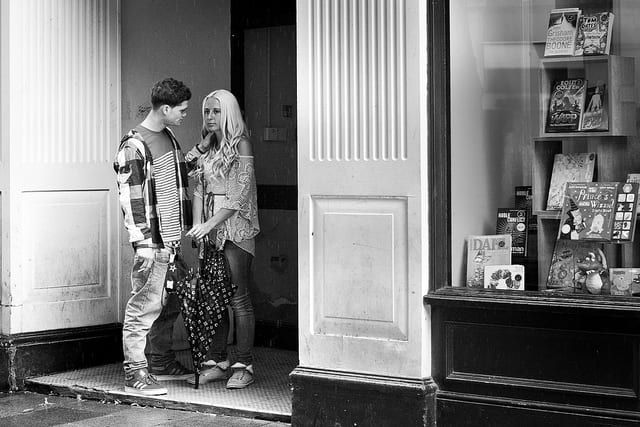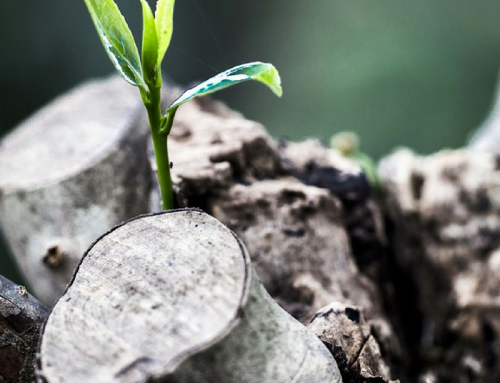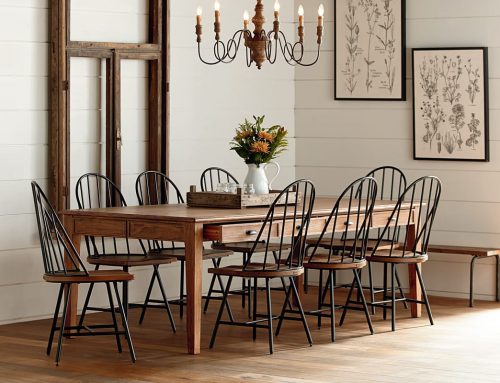Our culture’s addictive consumerism is pervasive, to say the least. But you may find yourself surprised by some of the places in which it invades your life. Certainly, you expect consumerism (or perhaps “sadly” you expect consumerism) to inform many of your professional and social decisions and experiences. But do you expect incessant materialism to pervade your most intimate personal relationships? You’re likely thinking that one doesn’t have anything to do with the other one. Of course personal relationships based on emotions and feelings and intellect don’t intersect our consumer habits. Or do they? Spoiler alert: They do. Today, we’ll gently point out some ways in which you may be culpable (or may be a victim) of consumerism and the personal relationship infiltration. We simply ask you to keep an open mind and be honest with yourself if any of the ways we’re exploring apply to you. If they do, we promise that you can truly improve your happiness and relationships by working to extract addictive consumerism from them.
The Common Situation: You Are Judging Your Relationship Partner by “Stuff” Instead of Actions
Even though we’re consumerism experts, not relationship experts, we know that we are not the first or last people to bring up this tricky intersection of “stuff” and “better than stuff.” Before you say, “Of course I’m not like that!” you should know that judging a relationship partner (be it a lover, a parent or even a friend) by “stuff” instead of actions isn’t limited to the classic case of “gold-digging.” Gold-digging, which is as old as time, is its own unique phenomenon and is driven by social factors much larger and more complex than addictive consumerism. But here’s a simple question to ask yourself: What makes you happier and feel a greater rush of joy? Is it when your relationship partner shows up unexpectedly with a material gift or is it when your relationship partner does something thoughtful for you like pick up the house or vacuum your car? If the answer is the former, then you are letting the influence of consumerism impact your relationship by encouraging you to focus on the “stuff” that your partner gives you instead of the relationship-critical ways in which he or she helps you. In the long run, the gifts will get old and packed away. But appreciating the intricacies of thoughtfulness will only make your relationship stronger.
How Can You Start to Break This Habit? Ban gifts jointly (other than gift-giving holidays) from your relationship for twelve months. During that time, keep a journal list of all of the thoughtful things that your partner does for you!
Is Your Relationship Based on a Common Goal of “More, More, More?”
The strongest relationships are based on shared goals and values. Some of them will have nothing to do with material things: laughter, joy, travel, raising a family. Some of them will understandably be related to money and material things: possibly owning a home as an asset, creating financial security, being able to retire, having safe driving vehicles and (our favorite) converting your home to clean and renewable energy. However, where the dangers of unhealthy consumerism driving your relationship sets in is the intersection of “financial security” and “more, more, more.” It’s one thing to want to move out of a house and neighborhood to move into a region with better schools for your children. It’s another thing entirely to want to move out of a perfectly great place so that you can move into a bigger place just to say you moved into a bigger place. We use this example lightly because we do advocate that the definition of “enough” is different for everybody, but the point is that if your shared relationship goal is simply about the accrual of “stuff” then you are building on a house of cards. Because, at its core, a relationship needs to satisfy beyond the material. The deeper your focus on the material is, the less your relationship will be satisfying your other needs. And eventually, all of that “stuff” is just “stuff.” Generalizing, we call this situation “Keeping Up With the Joneses,” but it can also have nothing to do with gaining perceived social status. It can, largely, have to do with a lack of ability to identify your own emotional needs and to communicate by using them. This is a common scenario in contemporary society where we are all raised with “stuff” surrogates for emotion.
How Can You Start to Break This Habit? If upon reflection you realize that this example applies to you, then it’s hopefully time for some counselling. Begin with some individual therapy and then switch to couple’s therapy. You need to find your emotional core before it’s buried in “stuff!”
The Final Frontier: You Think of Partnership as an Acquisition to be Gained
This sub-headline sounds creepier than it is, we promise! We don’t mean that you’re out to purchase a partner literally! That is illegal and also just kind of gross. What we mean is that the mental state with which you approach looking for fulfilling personal relationships is similar to that with which you shop for “stuff.” You want a relationship, you want a partner, you make a list of “features” that partner should have. Then you shop around. You reject partners because they don’t fulfill your feature list. You want a relationship because it checks a box off on your “shopping list of life.” We could go on and on, but we think that if the mental state we’re talking about applies to you then you already know it just by reading this short paragraph. And because a personal relationship is not a “thing,” you will truly never find your best relationship by using this technique.
How Can You Start to Break This Habit? This is a hard one. Knowledge is power and understanding what you’re doing is an important first step. However, it will take a great deal of mental checking and reminding yourself of what you’re doing to transcend this habit.
Do you have thoughts on the interplay of consumerism, materialism and your personal relationships? Share them with us on the social media channels below …
Facebook | Twitter | Instagram | Tumblr | Pinterest | Google+ | Medium
Photo Credit: Lena Vasiljeva via Flickr





